45 how to read uk nutrition labels
3 Ways to Read Nutrition Facts on Food Labels - wikiHow Life To interpret what the daily values and percentages actually refer to, start by checking the serving size listed at the top of the label. This number will help you figure out how much sugar, fat, and other nutrients are actually inside the container that you're holding. Food labelling - get into the habit of checking the label Look for five key points on the label: 1. Energy The terms 'kJ' and 'kcal' (calories) tell you how much energy is in a product. Women need an average of 2,000 kcal a day and men need 2,500 kcal on average. 2. Saturates Saturates is another word for saturated fat. This section tells you about the amount of saturated fat in the product. 3. Salt
Understanding Food Nutrition Labels | American Heart Association Remember that the information shown in the label is based on a diet of 2,000 calories a day. You may need less or more than 2,000 calories depending upon your age, gender, activity level, and whether you're trying to lose, gain or maintain your weight. When the Nutrition Facts label says a food contains "0 g" of trans fat, but includes ...
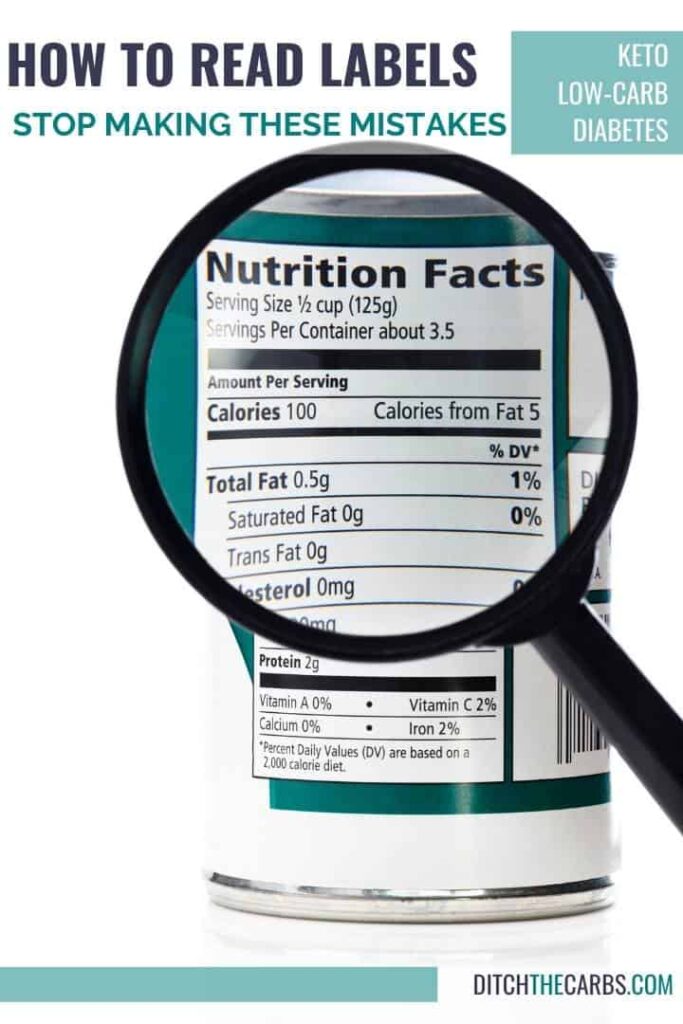
How to read uk nutrition labels
This Is How to Read a Nutrition Facts Label on the Keto Diet The Basics of Reading Food Labels: How to Read a Label in 5 Steps (For Any Diet) To make healthy food choices, stick to these five steps. Step #1: Check the Serving Size Always start by looking at its serving size. This will ensure that you're calculating nutrition based on the amount of food you're actually consuming. Nutrition labels - Food A Fact Of Life High, medium or low - applying traffic light labelling to recipes; Nutrition labels worksheet - analyse a recipe a complete the back of pack nutrition information. Provide the pupils with the clean packaging from a range of standard and healthy option foods. Task the pupils to read and compare the food labels and discuss the findings. Understanding food labels | Diabetes UK The labels show how many calories are in the food or drink and are also colour coded to show whether the food is low (green), medium (amber) or high (red) in fat, saturated fat, sugar and salt. The information on the front of the pack also tells you how the portion of the food contributes to the Reference Intake (RI) of an adult.
How to read uk nutrition labels. How to understand Nutrition food labels (EU/UK) - Gemma Sampson Salt (sodium) Salt free - less than 0.01g salt per 100g (0.005g sodium) Low salt - less than 0.3g salt per 100g (0.01g sodium) High salt - more than 1.5g salt per 100g (0.6g sodium) Understanding Food Labels Made Easy - Weight Loss Resources How to Read Food Labels. The Traffic Light Scheme. Provides a colour code for four main nutrients we should eat less of - fat, saturates, sugars and salt - based on traffic light colours. The colours are worked out by looking at the nutrient content per 100g of the food: green indicates a low content, amber a medium content and red a high ... Check the label | Food Standards Agency Traffic light labels The traffic light labelling system will tell you whether a food has high, medium or low amounts of fat, saturated fat, sugars and salt. It will also tell you the number of... How to read food labels properly to make healthier choices Oct 16, 2020 ... 1. Be wary of of 'sugar-free' claims · 2. Don't rely on health claims on the front of the packaging · 3. Ingredients are listed in weight order ...
Food labels - NHS Some front-of-pack nutrition labels use red, amber and green colour coding. Colour-coded nutritional information tells you at a glance if the food has high, medium or low amounts of fat, saturated fat, sugars and salt: red means high amber means medium green means low In short, the more green on the label, the healthier the choice. Nutrient and Calorie Rounding Table | How To Read Nutrition Labels Shown below are the guidelines used to round off calorie and nutrient amounts: Nutrient. Increment Rounding. Insignificant Amount. Calories. Calories from Fat. Calories from Saturated Fat. < 5 cal - express as 0. ≤50 cal - express to nearest 5 cal increment. 10 tips for understanding food labels - Heart Matters magazine 10 tips for understanding food labels Supermarket shelves are full of foods and drinks, many of them making claims that sound healthy. Hannah Elliott explains how to use back-of-pack food labels to make healthy choices. Food labelling can help us make an informed decision when shopping, but understanding the labels can feel difficult. How to Read a Nutrition Label on the Keto Diet - Hip2Keto You could even consider carrying around a salt grinder or salt packets to add sodium on the go! 6. Look closely at Total Carbohydrates. Total carbs are arguably the most important part of the nutrition label to pay attention to. In general, most keto eaters keep their carb count below 20-40g each day.
Reading Food Labels | ADA - American Diabetes Association The Nutrition Facts labels on foods are really the key to making the best choices. We'll cover the basics so that these labels make shopping easier for you. You've heard it all. From carb-free to low-carb, to whole and empty carbs, it's hard to know what it all means. Blood sugar highs and lows aren't always easy to understand. Reading labels | Diabetes UK Always look at the 'total carbohydrate' on the label when carb counting. This will make sure you are counting both the complex (starchy) and simple (sugary) carbs in your food. Both will raise your blood glucose (blood sugar) levels, and need to be matched with insulin. How to read a nutrition label - The Food Medic Jan 10, 2022 ... How to read a nutrition label ; Energy; Fat; Saturated fat ; Green (low): a healthy choice; Amber (medium): fine to consume most of the time; Red ... How To Read Food and Beverage Labels - National Institute on Aging At the top of the Nutrition Facts label, you will find the total number of servings in the container and the food or beverage's serving size. The serving size on the label is based on the amount of food that people may typically eat at one time and is not a recommendation of how much to eat. Read more about serving and portion sizes.
FDA Nutrition Label Update: How to Read the New Food Label | U.S. News The FDA has revised its nutrition food labels for the first time in more than 20 years. Explore the changes and how to read these new labels. By Elaine Hinzey , RDN, LD
How To Read Nutrition Labels (Like a Pro) - Ditch The Carbs Firstly you need to understand the difference between total and net carbs. TOTAL CARBS = sugars + starches +fibre NET CARBS = total carbs - fibre Carbohydrates will be on the nutrition label are often broken down into carbohydrates, sugars, starch, and fiber. However, each brand may display its nutritional contents differently.
Technical guidance on nutrition labelling - GOV.UK Details. This technical guidance provides informal, non-statutory advice for businesses on the nutrition-related requirements of EU Regulation No. 1169/2011 on the provision of food information to ...
Reading Food Labels | GI Foundation Australian nutrition labels display the quantity of energy, in kilojoules, found both in one serving and in 100 grams (or 100 millilitres if liquid) of the product. The actual serving size can vary for different varieties of the same product, as determined by the product manufacturer.
Reading Nutrition Labels - Cronometer Energy measured in kilojoules only. (we will only report the kcal value in your Cronometer nutrient summary, but you can view the kJ value within the nutrition label view) Serving sizes measured in grams, including a 100g serving size option Vitamin C, Vitamin A, Calcium, Iron %DV (based on 2000 kcal diet)
How to Understand and Use the Nutrition Facts Label | FDA When looking at the Nutrition Facts label, first take a look at the number of servings in the package (servings per container) and the serving size. Serving sizes are standardized to make it easier...
Nutrition labels: how to read them • Heart Research Institute UK The key to interpreting a label is to not focus too much on an individual nutrient and neglect other aspects of the food. You need to assess the nutrients in ...
How to Read Food Labels | Institute of Health Sciences There are guidelines to tell you if a food is high in fat, saturated fat, salt or sugar, or not. These are: Total fat High: more than 17.5g of fat per 100g Low: 3g of fat or less per 100g Saturated fat High: more than 5g of saturated fat per 100g Low: 1.5g of saturated fat or less per 100g Sugars High: more than 22.5g of total sugars per 100g
Food guidelines and food labels - NHS Food guidelines and food labels. Guidelines and advice about food and food labels, including the Eatwell Guide. Food labels. Water, drinks and your health. The Eatwell Guide. Red meat and the risk of bowel cancer.
Differences between EU and US nutrition labels go far beyond ounces and ... then there's the nutrition facts label, which must include serving size, calories per serving size, calories from fat as well as the percentage of daily recommended values for fat based on a 2,000...
Nutrition labelling | Food Standards Agency When providing nutrition information, you are required to declare: energy value amounts of fat, saturates, carbohydrate, sugars, protein and salt The content of the mandatory nutrition declaration...
How to Read Food Labels Without Being Tricked - Healthline The product may contain very little whole grains. Check the ingredients list — if whole grains aren't in the first three ingredients, the amount is negligible. Fortified or enriched. This ...
Looking at labels - British Nutrition Foundation The table below shows how high, medium and low levels of fat, saturates, total sugars and salt in foods are classified for front of pack labels (there are different levels for drinks). These levels have been decided by the UK government. The 'per portion' in red is used where portions are 250g or more. What are reference intakes?
Food labelling: nutrition information | British Dietetic Association (BDA) The numbers on the label show you how many calories and how much fat, saturates (saturated fat), sugars and salt a 'serving' of the food or drink contains. This ...
How to read food labels - CNM College of Naturopathic Medicine You can determine the amount of sugar in a product by looking at "sugars" underneath the carbohydrates section in the nutritional panel. Every 4 grams of sugar equates to 1 teaspoon of (table) sugar. So, for example, if a product has 16g of sugar per serving, it actually contains 4 teaspoons of sugar.
How to Read a Nutrition Label | Kellogg's When reading GDA's, you get a 'at a glance' guide to the percentages of calories, sugars, fat, saturates and salt that are present in the food you eat and buy. With these percentages in mind, you can then stick as closely as possible to the amounts recommended by nutritionists and even 'play off' one meal against another.
Understanding food labels | Diabetes UK The labels show how many calories are in the food or drink and are also colour coded to show whether the food is low (green), medium (amber) or high (red) in fat, saturated fat, sugar and salt. The information on the front of the pack also tells you how the portion of the food contributes to the Reference Intake (RI) of an adult.
Nutrition labels - Food A Fact Of Life High, medium or low - applying traffic light labelling to recipes; Nutrition labels worksheet - analyse a recipe a complete the back of pack nutrition information. Provide the pupils with the clean packaging from a range of standard and healthy option foods. Task the pupils to read and compare the food labels and discuss the findings.
This Is How to Read a Nutrition Facts Label on the Keto Diet The Basics of Reading Food Labels: How to Read a Label in 5 Steps (For Any Diet) To make healthy food choices, stick to these five steps. Step #1: Check the Serving Size Always start by looking at its serving size. This will ensure that you're calculating nutrition based on the amount of food you're actually consuming.


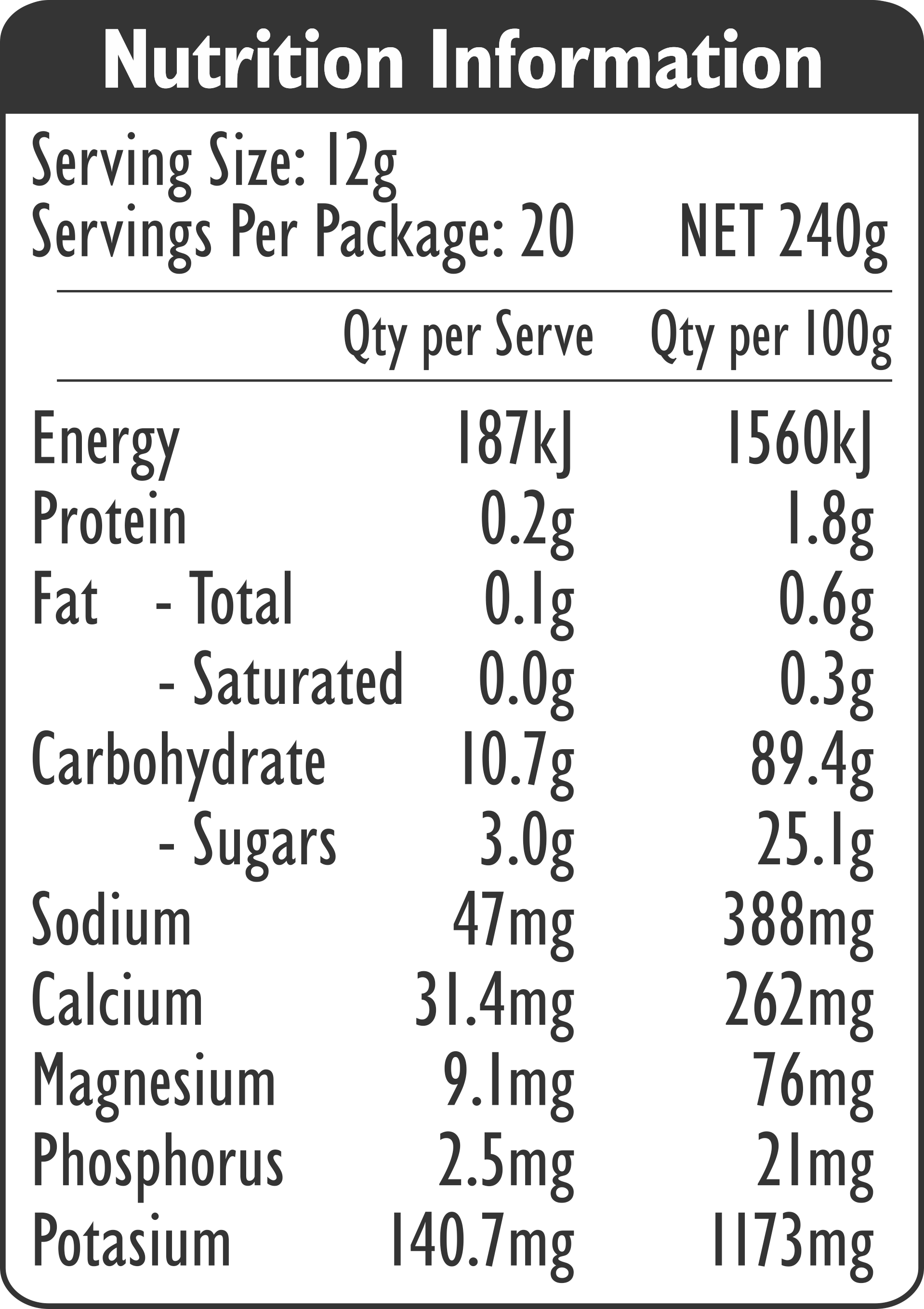

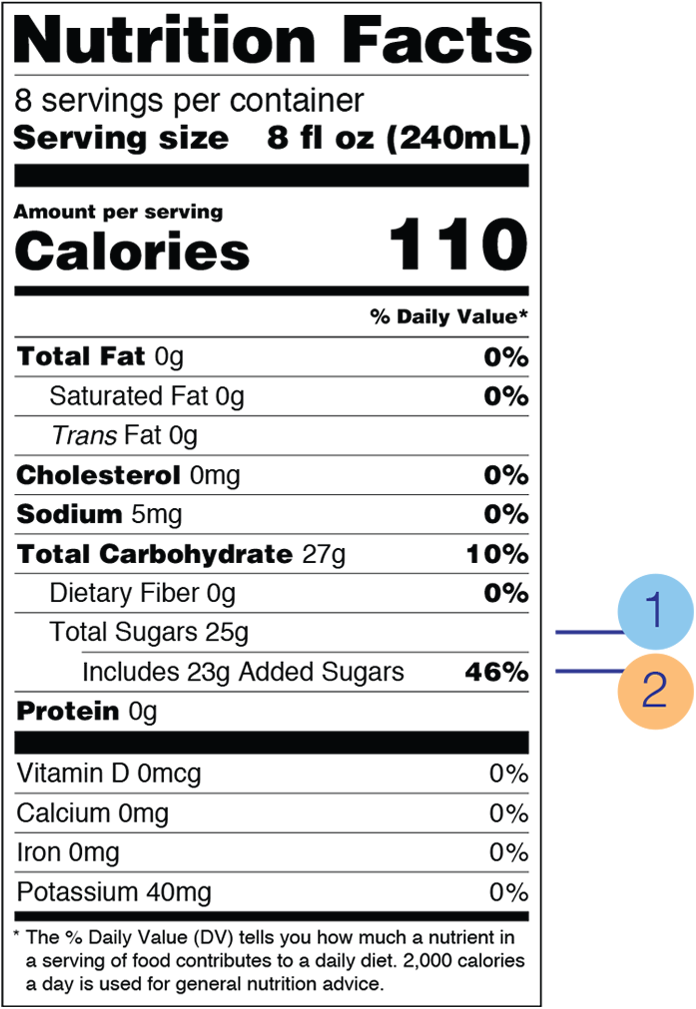



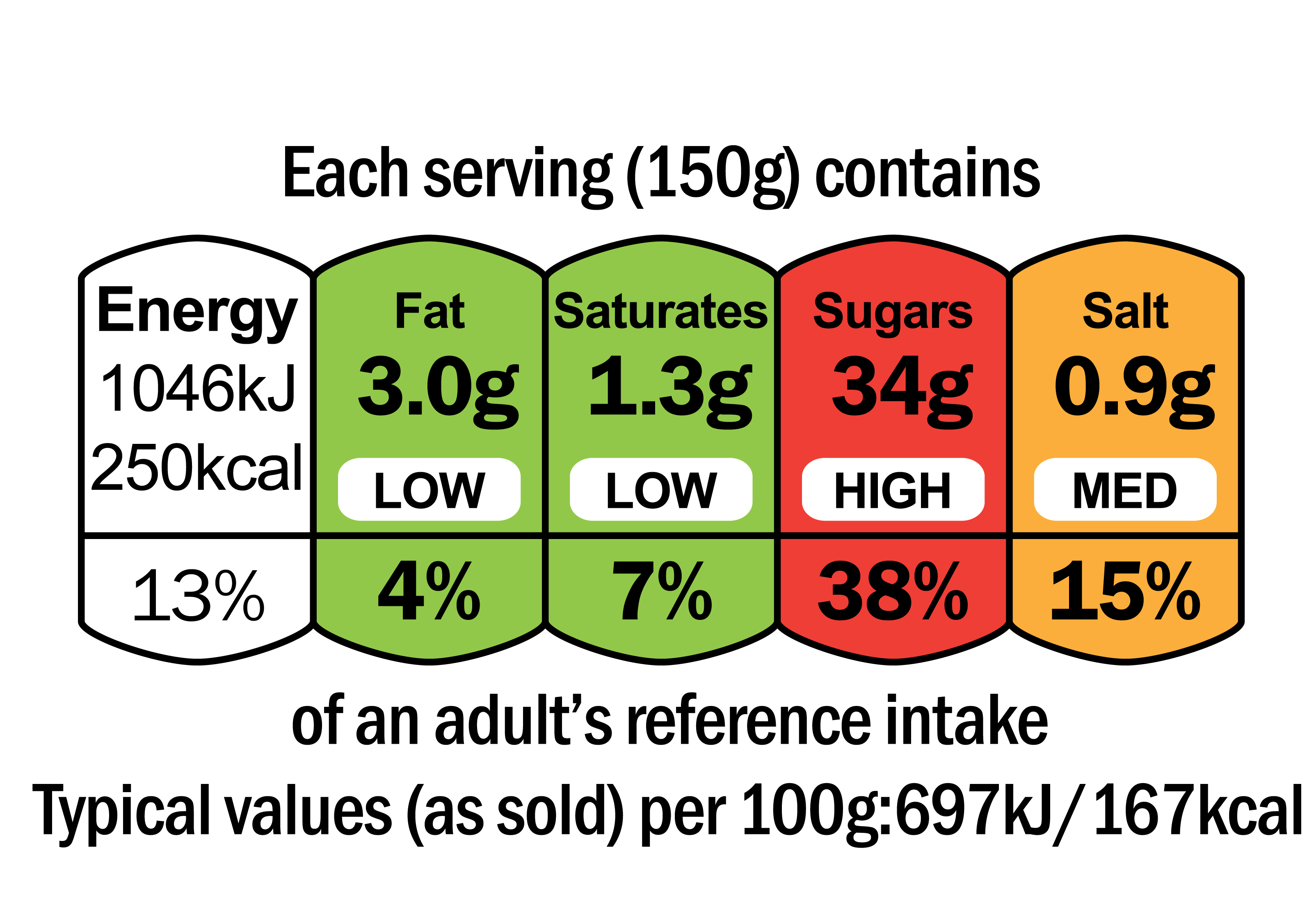



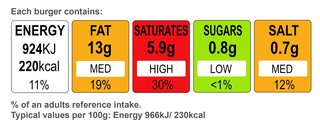
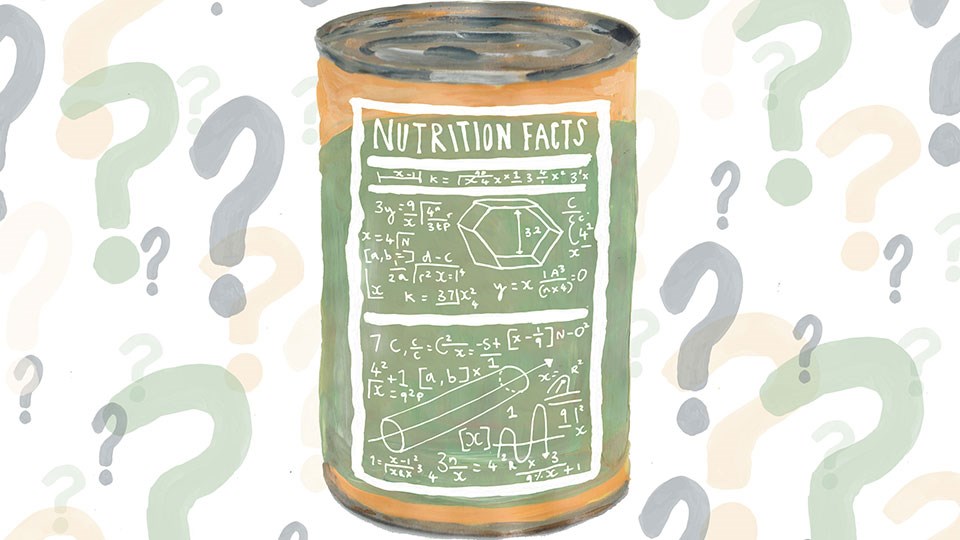




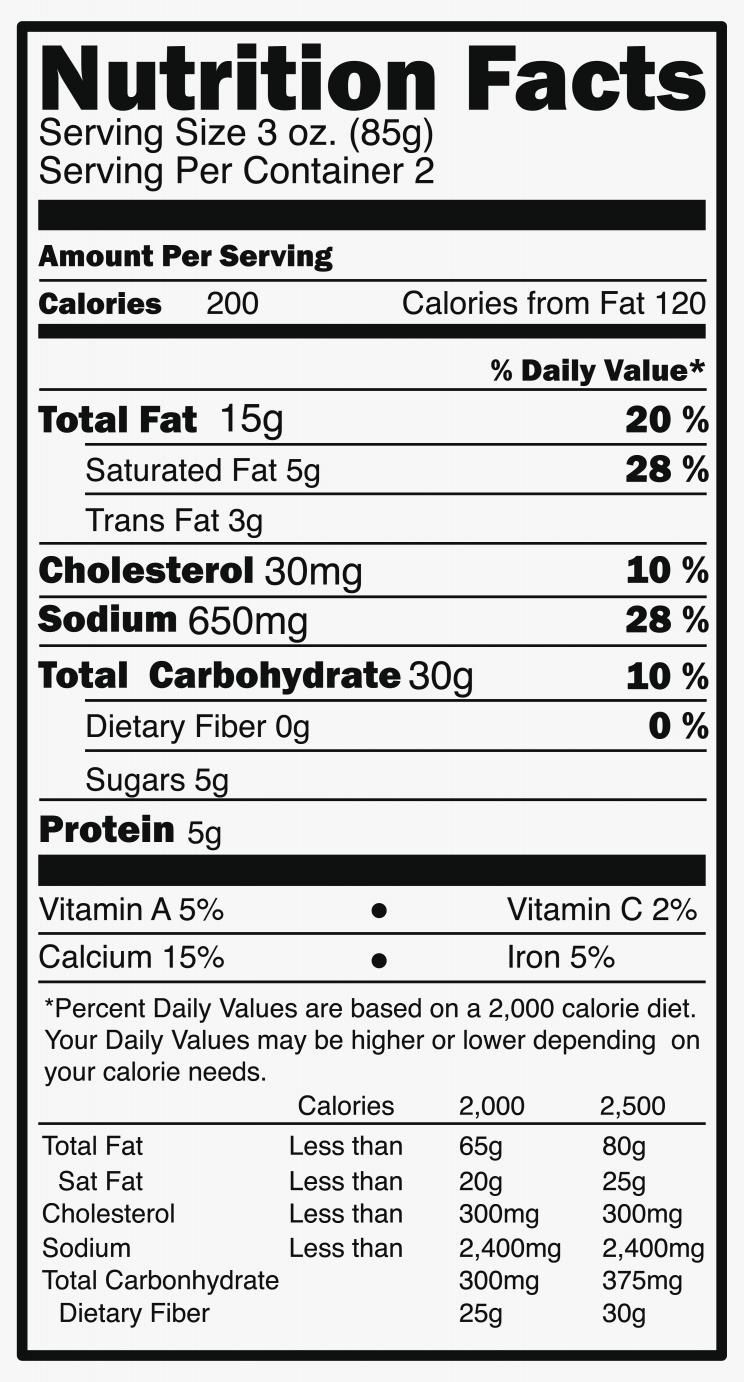

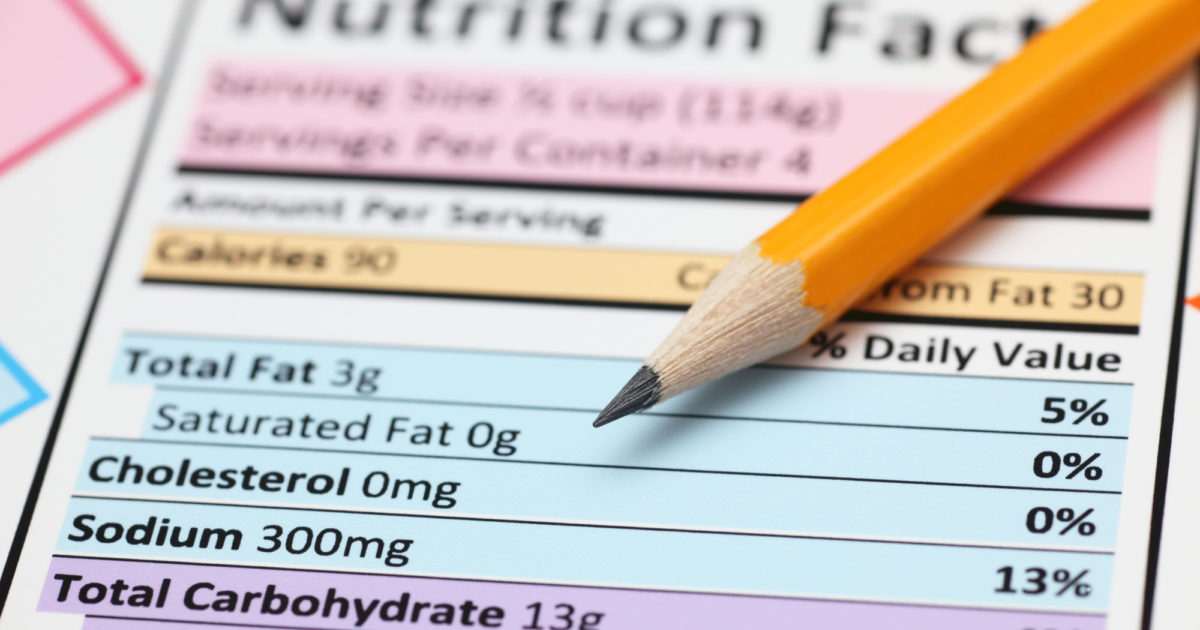
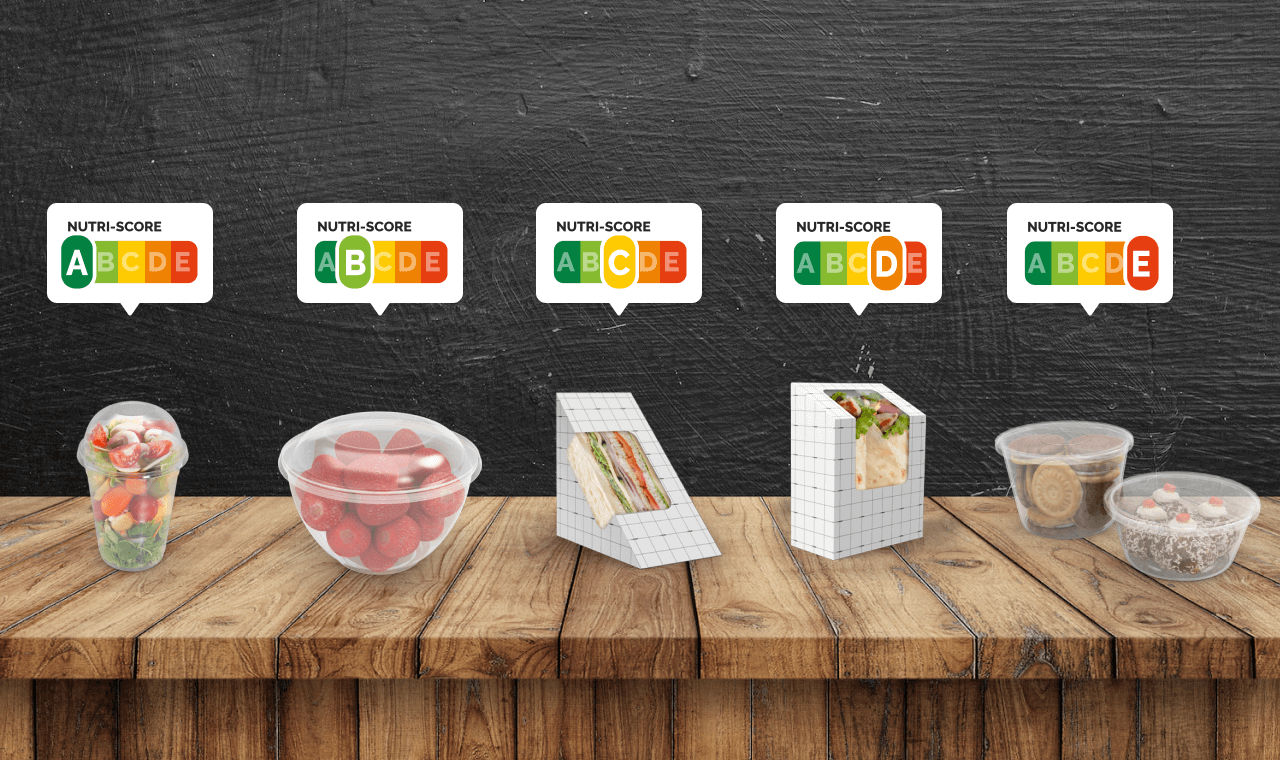


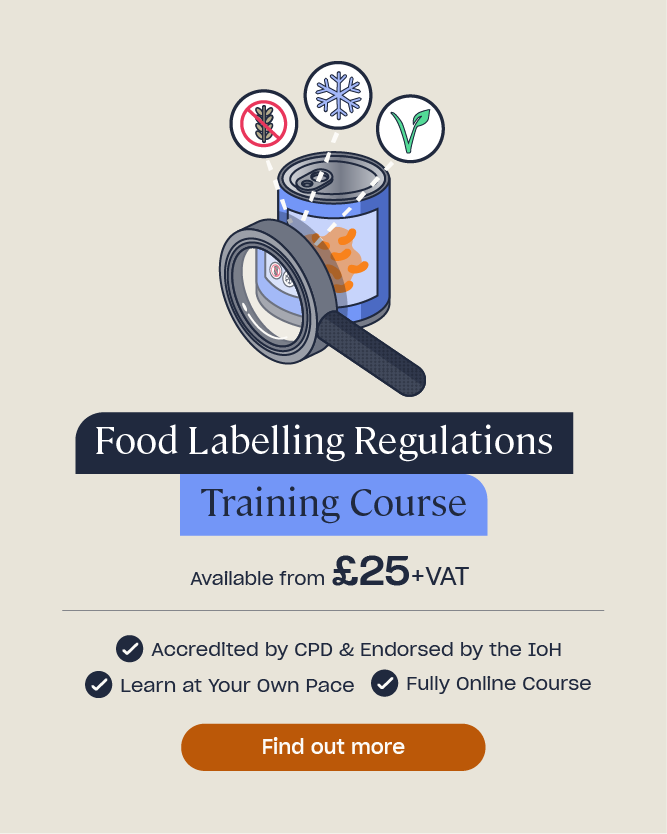
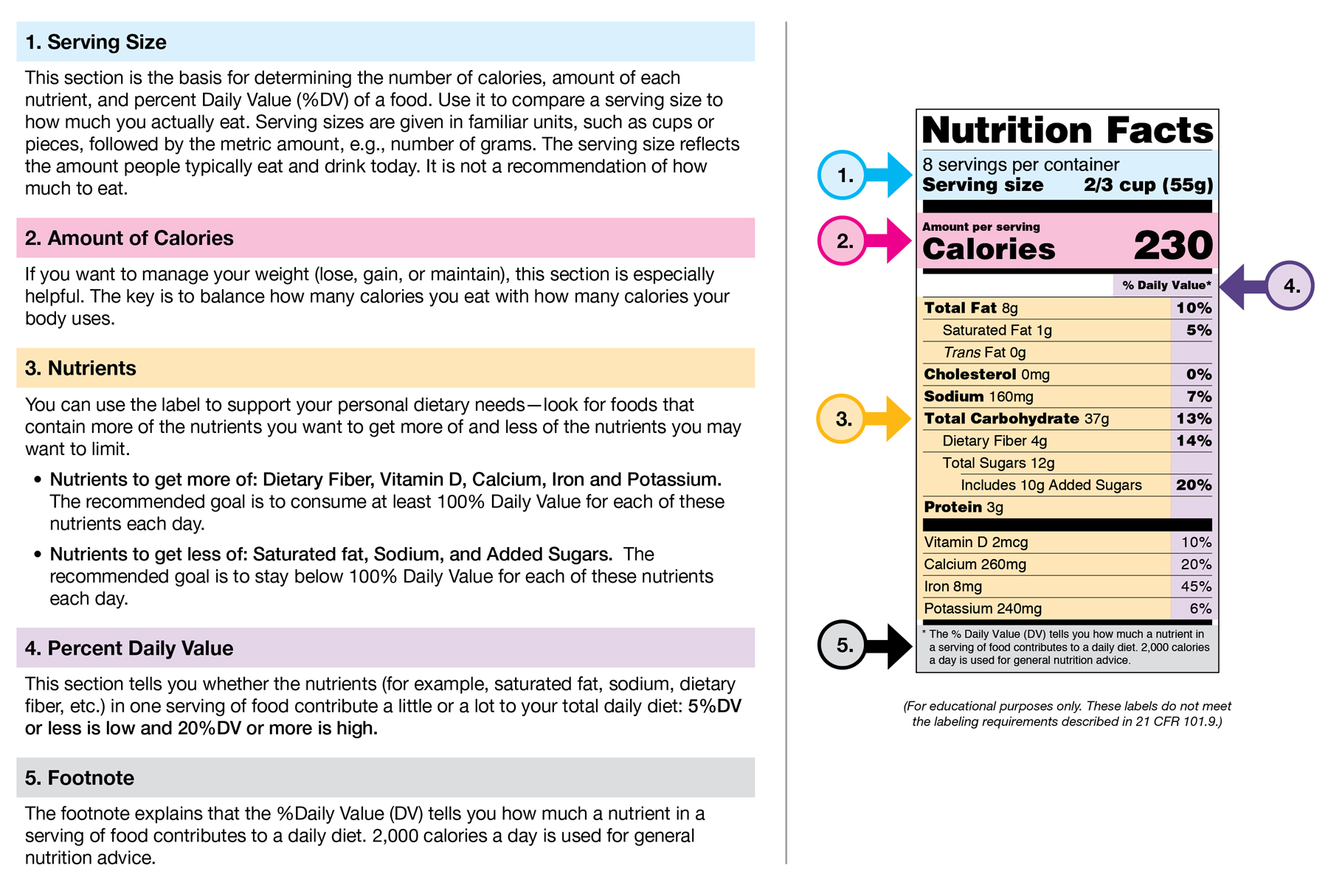



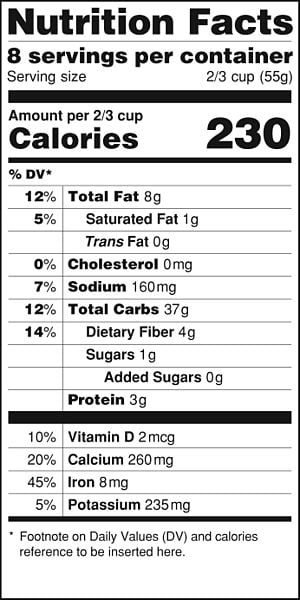

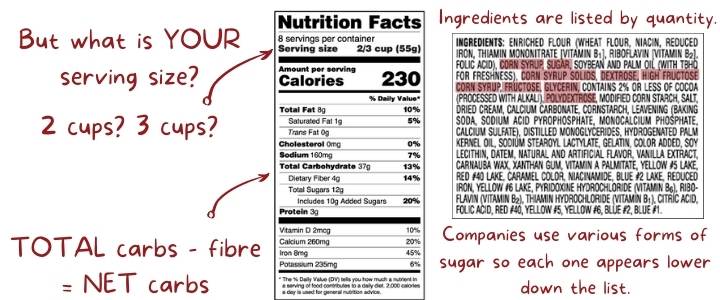

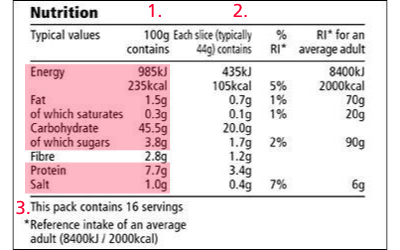
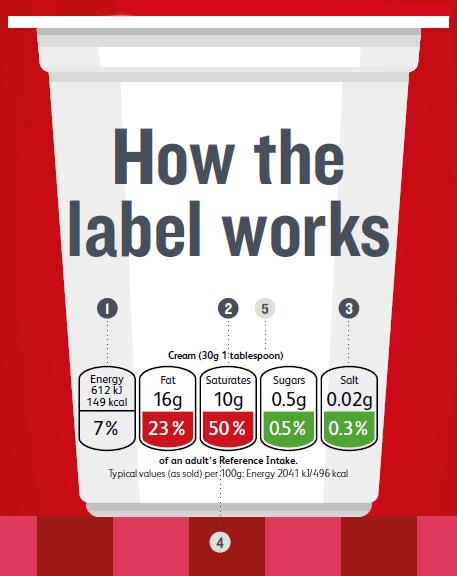
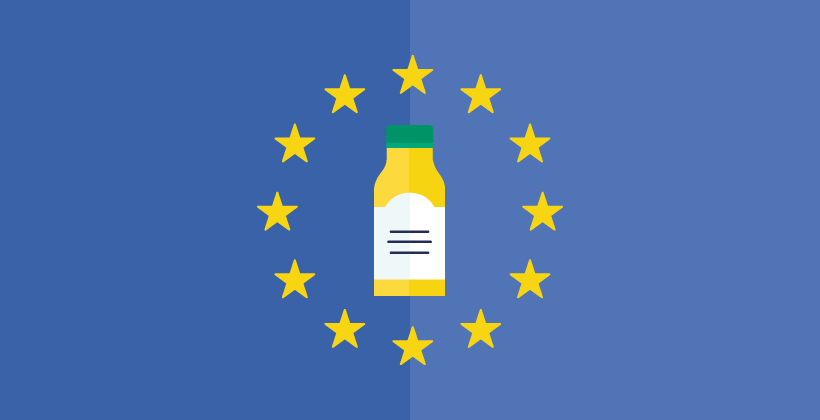
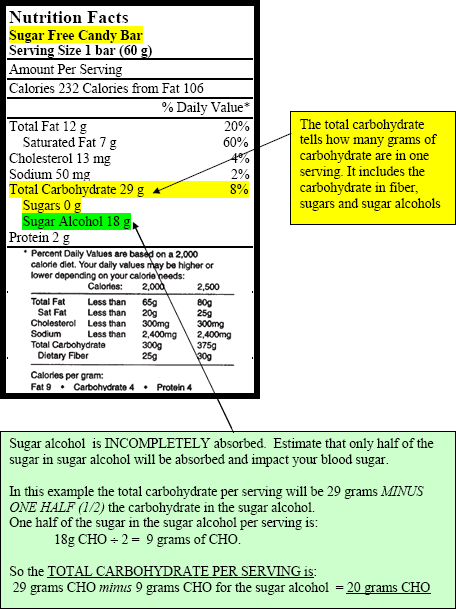
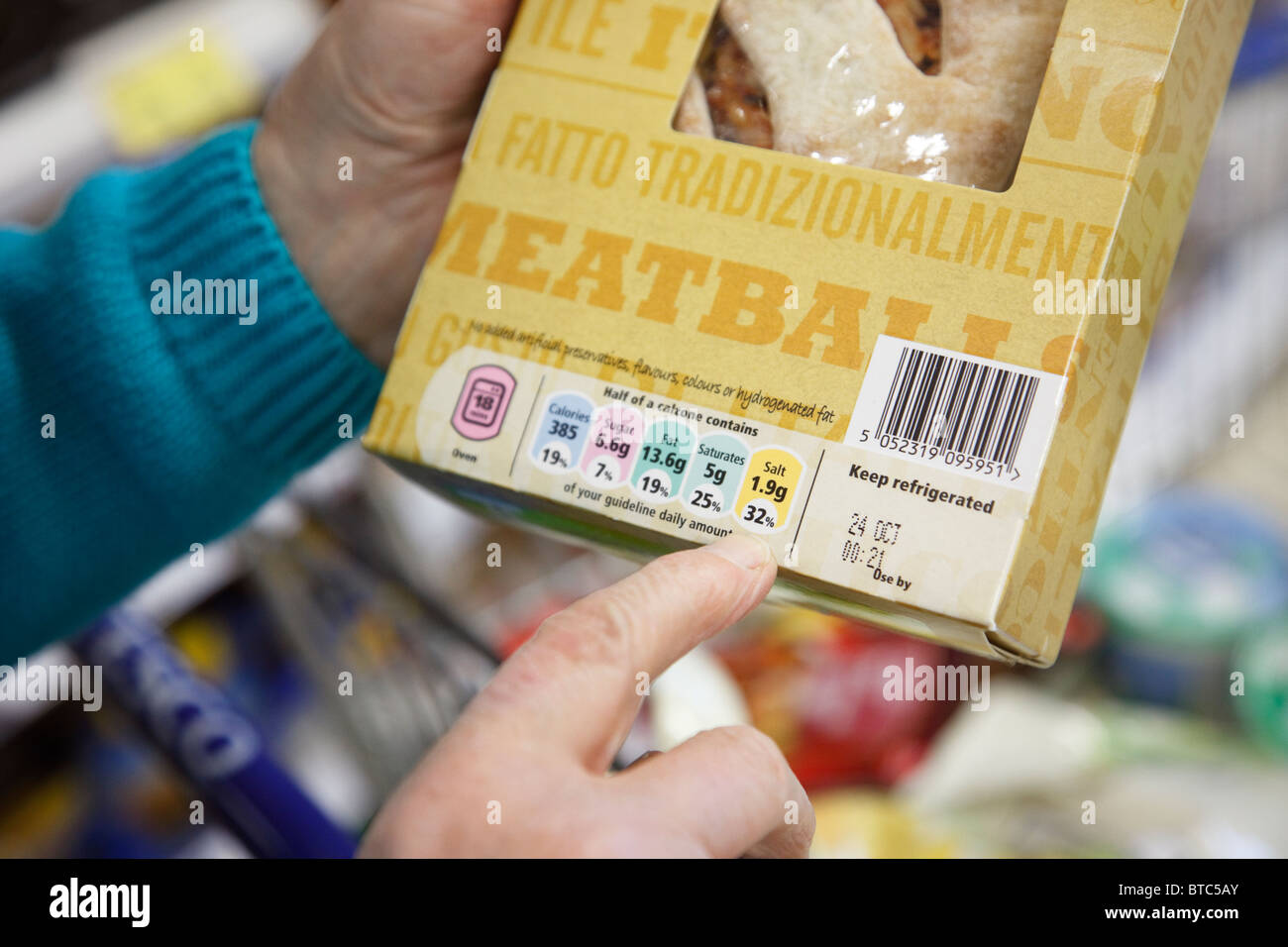
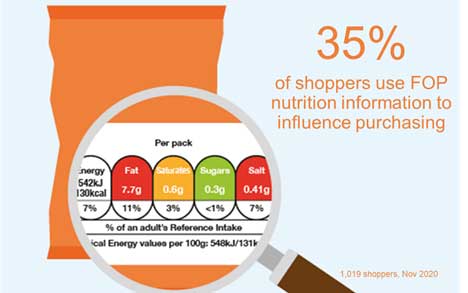

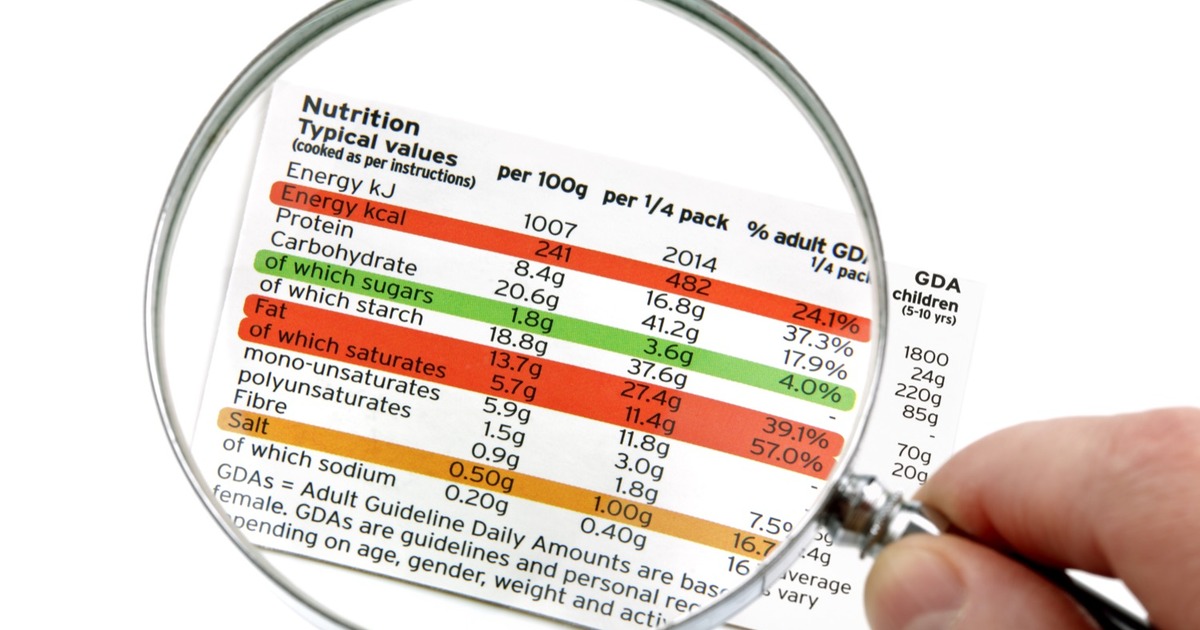
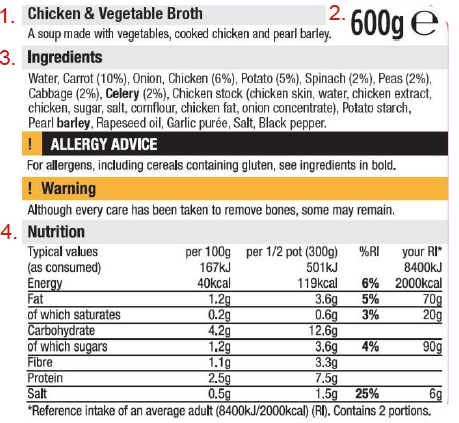
Post a Comment for "45 how to read uk nutrition labels"